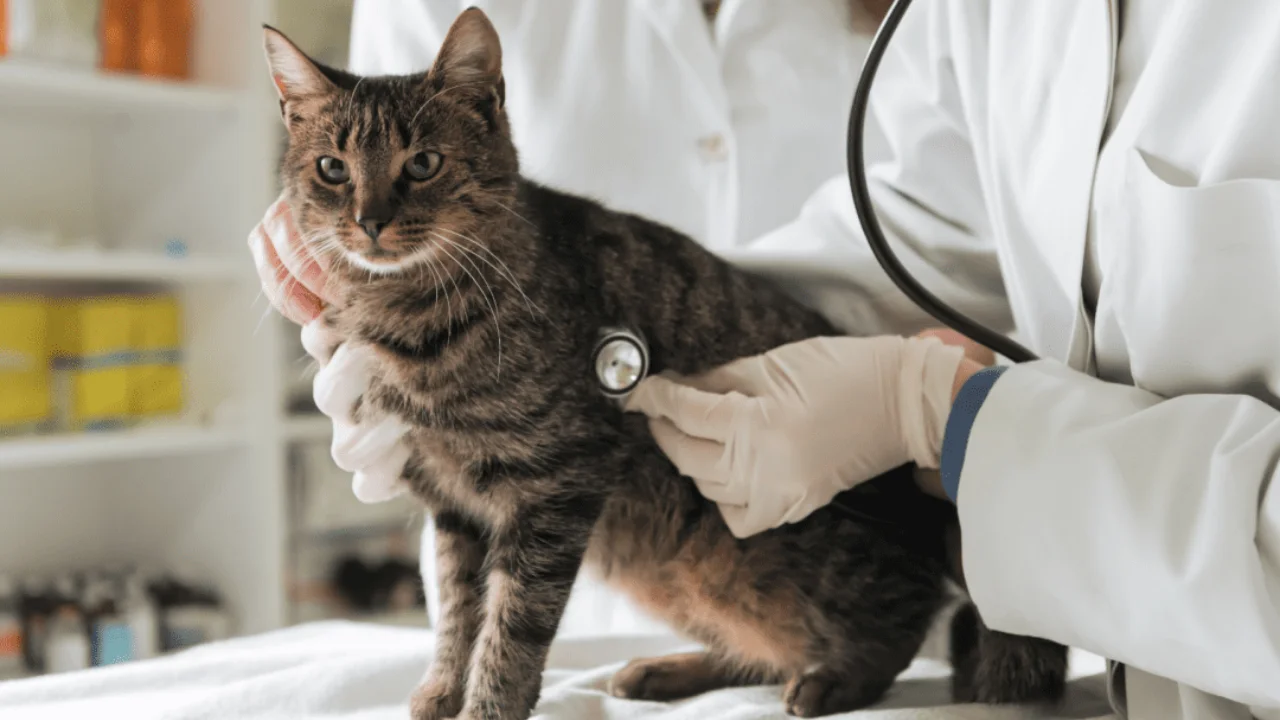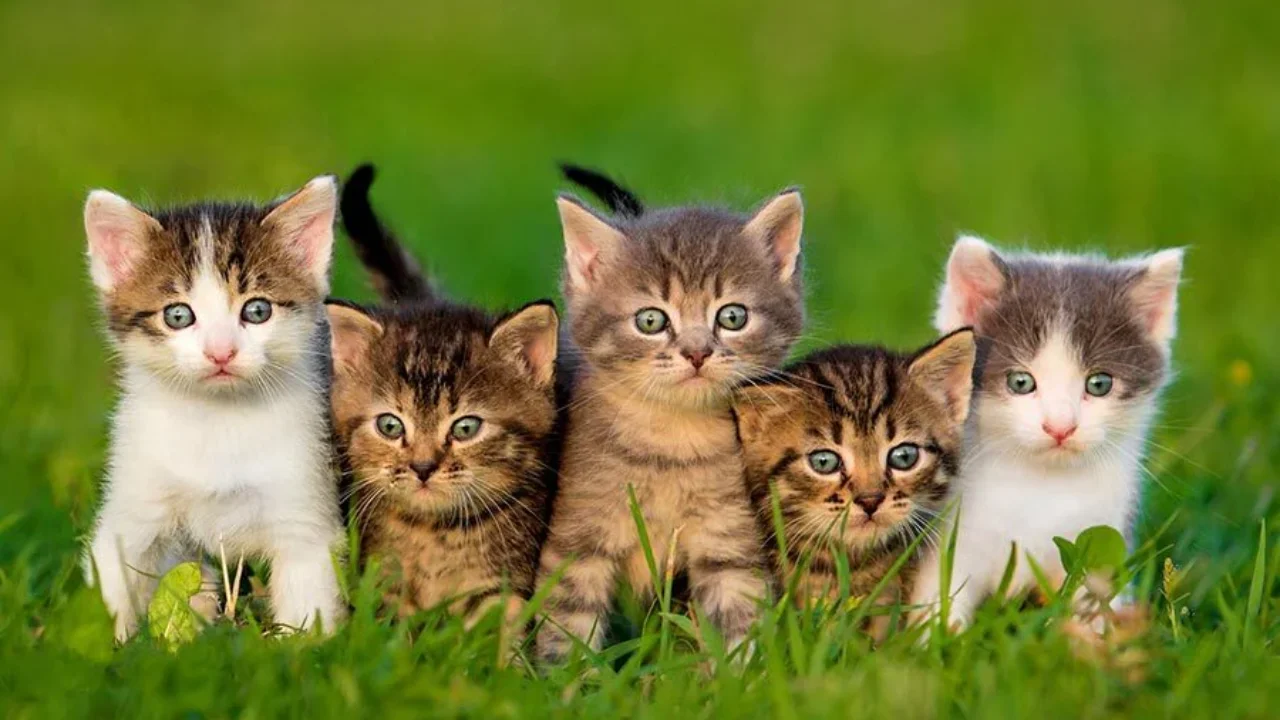
Welcoming a kitten into your home is exciting, but it also comes with important responsibilities. One of the first things every new cat owner should prioritize is a kitten first vet visit. This guide will walk you through everything you need to know—from the timing of the first appointment to warning signs that demand immediate attention.
When to Take Your Kitten to the Vet
You should take your kitten to the vet for the first time at around 6 to 8 weeks old. This initial visit sets the foundation for a lifetime of good health. If you’ve rescued a newborn kitten without its mother, consult a veterinarian immediately.
What Happens During the kitten first vet visit
Your veterinarian will perform a comprehensive health assessment, which typically includes:
- Physical examination to check for birth defects or illness
- Core vaccinations, such as FVRCP and Rabies
- Fecal exam to detect parasites
- FeLV/FIV blood test to screen for common feline viruses
- Nutritional and care guidance tailored for kittens
- Discussion about spaying/neutering and its timing
Preparing for the Vet Appointment
To make the visit smooth and effective:
- Bring any existing medical or vaccination records
- Provide details on your kitten’s behavior, diet, and history
- Carry a stool sample for parasite testing (if available)
- Use a secure cat carrier to transport your kitten safely
Essential Vaccinations and Health Checks
Vaccinations are crucial to protect your kitten from preventable diseases:
- FVRCP: Protects against Feline Viral Rhinotracheitis, Calicivirus, and Panleukopenia
- Rabies: Legally required and essential for safety
- Deworming and flea/tick prevention: Based on lifestyle and location
Follow-up booster shots and regular checkups are also recommended.
Spaying or Neutering Your Kitten
Spaying or neutering offers several benefits, including:
- Preventing unwanted litters
- Reducing behavioral issues
- Lowering the risk of reproductive diseases
Most vets recommend this procedure between 5 to 6 months of age, but your vet will provide guidance based on your kitten’s health and growth.
Also Read:- Female Cat Neutering: A Complete Guide to Spaying, Benefits & Care
Signs Your Kitten Needs Immediate Veterinary Care
Be alert for the following warning signs that indicate your kitten needs urgent attention:
- Loss of appetite or refusing to eat
- Vomiting or diarrhea
- Coughing, sneezing, or breathing difficulties
- Lethargy or unusual weakness
- Sudden behavioral changes
- Visible injuries or trauma
- Eye or ear discharge or swelling
Frequently Asked Questions (FAQs)
Conclusion
A kitten first vet visit is a vital first step in ensuring a healthy and happy life. By understanding what to expect and recognizing early signs of health issues, you can provide the best care from the very beginning.
Healthy kittens grow into happy cats—start with the right veterinary care today!


